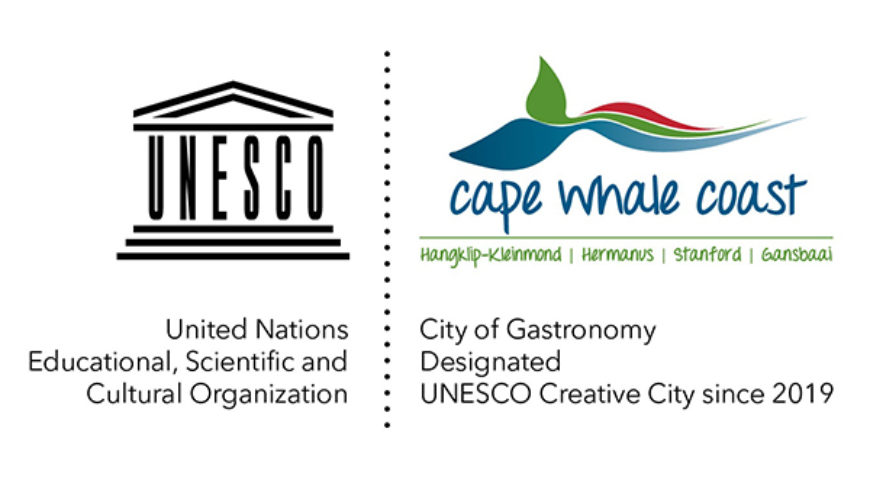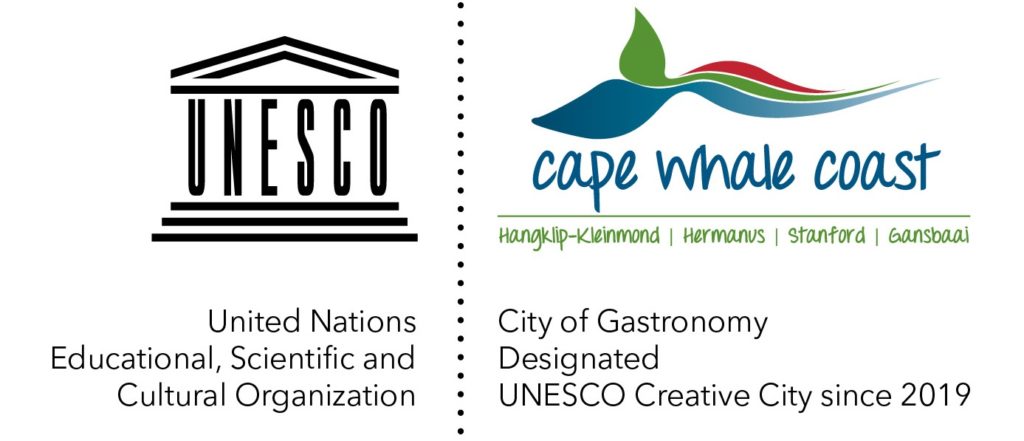
UNESCO designates 66 new Creative Cities
This 30 October 2019, 66 cities have been designated as UNESCO Creative Cities by the Director-General of UNESCO, Audrey Azoulay. As laboratories of ideas and innovative practices, the UNESCO Creative Cities bring a tangible contribution to achieving the Sustainable Development Goals through innovative thinking and action. Through their commitment, cities are championing sustainable development actions that directly benefit communities at urban level.
“All over the world, these cities, each in its way, make culture the pillar, not an accessory, of their strategy,” says UNESCO Director-General Audrey Azoulay. “This favours political and social innovation and is particularly important for the young generations.”

The new 66 UNESCO Creative Cities are:
- Afyonkarahisar (Turkey) – Gastronomy
- Ambon (Indonesia) – Music
- Angoulême (France) – Literature
- Areguá (Paraguay) – Crafts and Folk Art
- Arequipa (Peru) – Gastronomy
- Asahikawa (Japan) – Design
- Ayacucho (Peru) – Crafts and Folk Art
- Baku (Azerbaijan) – Design
- Ballarat (Australia) – Crafts and Folk Art
- Bandar Abbas (Iran [Islamic Republic of]) – Crafts and Folk Art
- Bangkok (Thailand) – Design
- Beirut (Lebanon) – Literature
- Belo Horizonte (Brazil) – Gastronomy
- Bendigo (Australia) – Gastronomy
- Bergamo (Italy) – Gastronomy
- Biella (Italy) – Crafts and Folk Art
- Caldas da Rainha (Portugal) – Crafts and Folk Art
- Cebu City (Philippines) – Design
- Essaouira (Morocco) – Music
- Exeter (United Kingdom of Great Britain and Northern Ireland) – Literature
- Fortaleza (Brazil) – Design
- Hanoi (Vietnam) – Design
- Havana (Cuba) – Music
- Hyderabad (India) – Gastronomy
- Jinju (Republic of Korea) – Crafts and Folk Art
- Kargopol (Russian Federation) – Crafts and Folk Art
- Karlsruhe (Germany) – Media Arts
- Kazan (Russian Federation) – Music
- Kırşehir (Turkey) – Music
- Kuhmo (Finland) – Literature
- Lahore (Pakistan) – Literature
- Leeuwarden (Netherlands) – Literature
- Leiria (Portugal) – Music
- Lliria (Spain) – Music
- Mérida (Mexico) – Gastronomy
- Metz (France) – Music
- Muharraq (Bahrain) – Design
- Mumbai (India) – Film
- Nanjing (China) – Literature
- Odessa (Ukraine) – Literature
- Overstrand Hermanus (South Africa) – Gastronomy
- Port of Spain (Trinidad and Tobago) – Music
- Portoviejo (Ecuador) – Gastronomy
- Potsdam (Germany) – Film
- Querétaro (Mexico) – Design
- Ramallah (Palestine) – Music
- San José (Costa Rica) – Design
- Sanandaj (Iran [Islamic Republic of]) – Music
- Santiago de Cali (Colombia) – Media Arts
- Santo Domingo (Dominican Republic) – Music
- Sarajevo (Bosnia and Herzegovina) – Film
- Sharjah (United Arab Emirates) – Crafts and Folk Art
- Slemani (Iraq) – Literature
- Sukhothai (Thailand) – Crafts and Folk Art
- Trinidad (Cuba) – Crafts and Folk Art
- Valladolid (Spain) – Film
- Valledupar (Colombia) – Music
- Valparaíso (Chile) – Music
- Veszprém (Hungary) – Music
- Viborg (Denmark) – Media Arts
- Viljandi (Estonia) – Crafts and Folk Art
- Vranje (Serbia) – Music
- Wellington (New Zealand) – Film
- Wonju (Republic of Korea) – Literature
- Wrocław (Poland) – Literature
- Yangzhou (China) – Gastronomy
The UNESCO Creative Cities Network now counts a total of 246 cities.
The member cities that form part of the Network come from all continents and regions with different income levels and populations. They work together towards a common mission: placing creativity and the creative economy at the core of their urban development plans to make cities safe, resilient, inclusive and sustainable, in line with the United Nations 2030 Agenda for Sustainable Development.

